The United States Supreme Court recently issued a unanimous 9-0 decision in De Villier v. Texas, addressing whether individuals can sue states in federal court for compensation under the Takings Clause of the Fifth Amendment.
This case arose from a 2017 incident in Texas where a highway median barrier, designed to prevent flooding during Hurricane Harvey, inadvertently redirected storm water, causing damage to private properties. Now, the Supreme Court’s final decision may change the future of the United States.
DeVillier v. Texas: The Event That Started It All

In 2020, Richie DeVillier, a landowner in Houston, Texas, sued the state of Texas for changes it made to the Interstate 10 that runs along his property.
The state allegedly built a new barrier on the highway that was supposed to protect local homes and businesses from hurricane damage, but that’s not what happened.
Texas Built a Median That Caused Immense Flooding
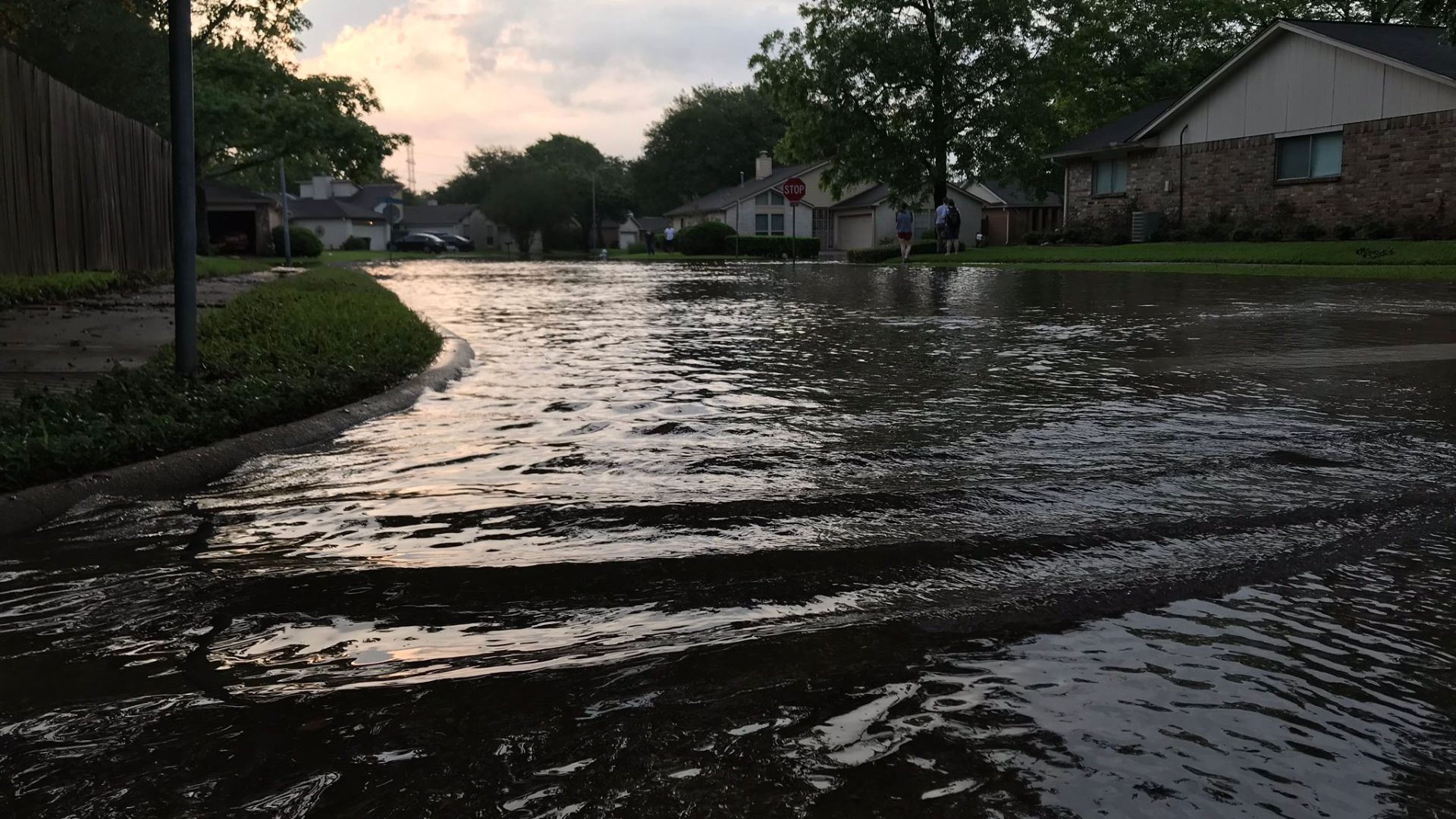
The median, either because it was poorly designed or executed, did not protect the private property surrounding it during the horrific Hurricane Harvey. Instead, it directly led to destructive storm waters flooding those properties.
In fact, over 100 landowners in the Houston area suffered significant losses, affecting homes, businesses, crops, and livestock, because of this state-built so-called protective barrier.
Several Houston Residents Decided to Sue Texas for the Damages
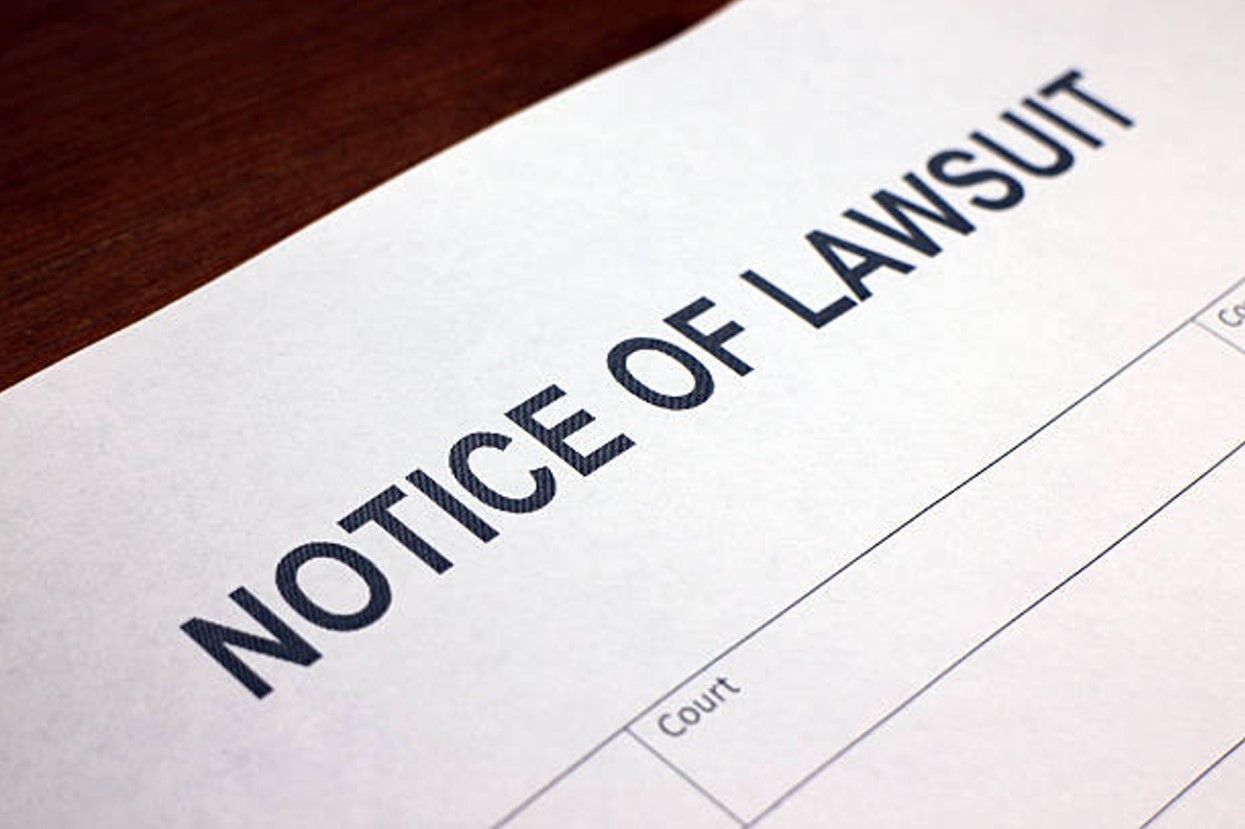
In response to the damages that incurred thanks to the barrier on Interstate 10, the 120 property owners, led by one Richie DeVillier, decided to sue the state of Texas.
They claimed that they had a right to financial compensation under the Takings Clause of the Fifth Amendment in the US Constitution.
What Is the Takings Clause?

In the Fifth Amendment of the US Constitution, one clause reads “nor shall private property be taken for public use, without just compensation.”
It has been known as the Takings Clause for centuries, and as the US Department of Justice explains, “This provision does not prohibit the United States from acquiring property from private owners, but rather conditions such ‘taking’ on the payment of just compensation.”
The Takings Clause Does Not Cover the Exercise of Eminent Domain

It’s important to note that the US Department of Justice clarifies on its website that the Taking Clause does not apply to “property [the government] has acquired through the exercise of eminent domain.”
Nor does it apply to events that are “physical in nature, such as permanent flooding of property abutting a river caused by the construction of [a] dam.” However, that didn’t stop DeVillier and the other 119 plaintiffs from presenting their case to the Texas court system.
Texas Officials Moved the Case to the Federal Court System in Hopes of Dismissal
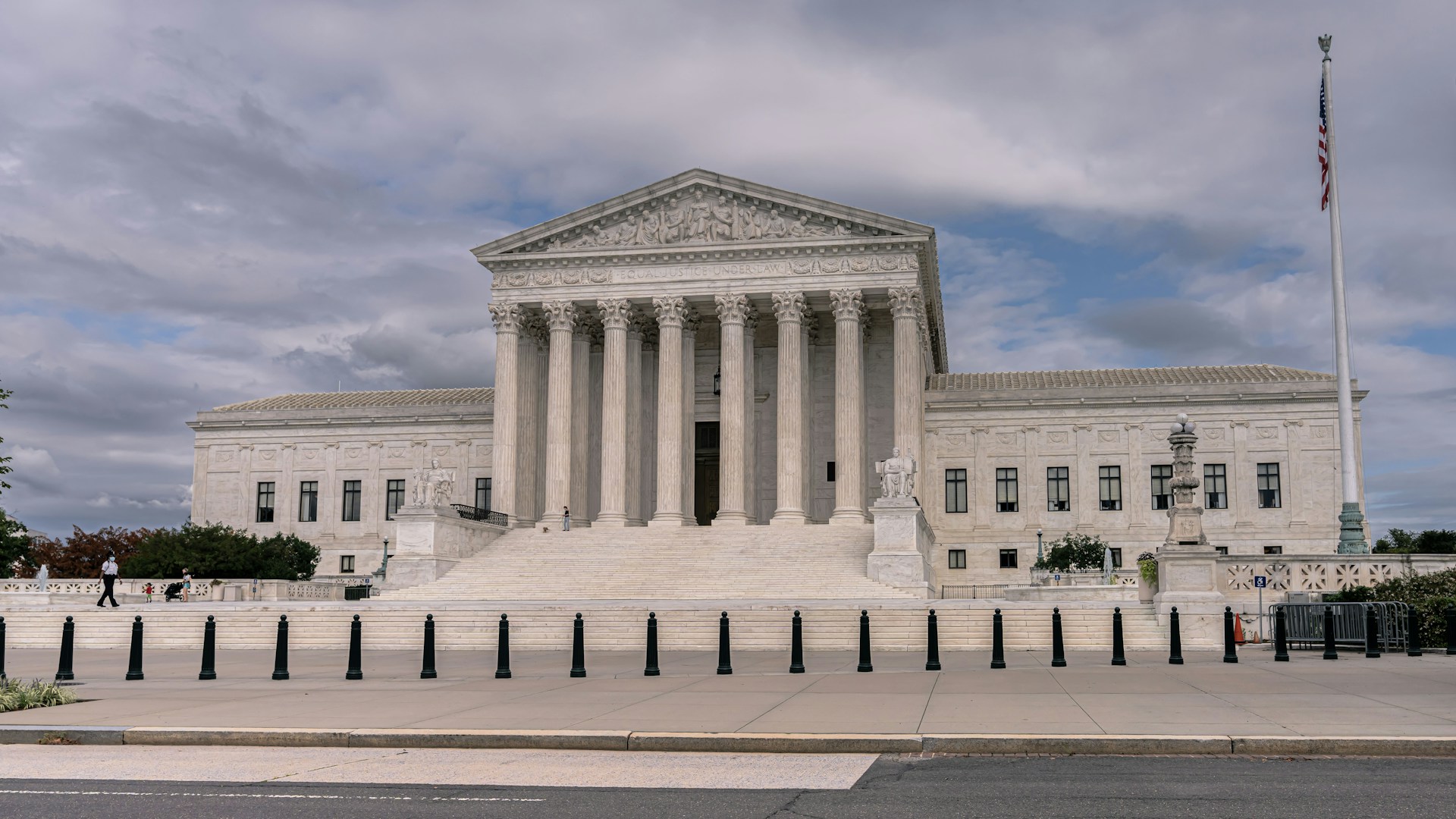
When DeVillier and the other Houston residents presented their case, the Texas justice system immediately moved it to the federal courts. The state argued that this was not, in fact, a Fifth Amendment issue and the Takings Clause did not lawfully apply.
Texas hoped that the federal court would dismiss the case outright, as they argued the plaintiffs needed Congressional approval, which they did not have, to present their case.
Texas Argued the Case Should Be Dismissed
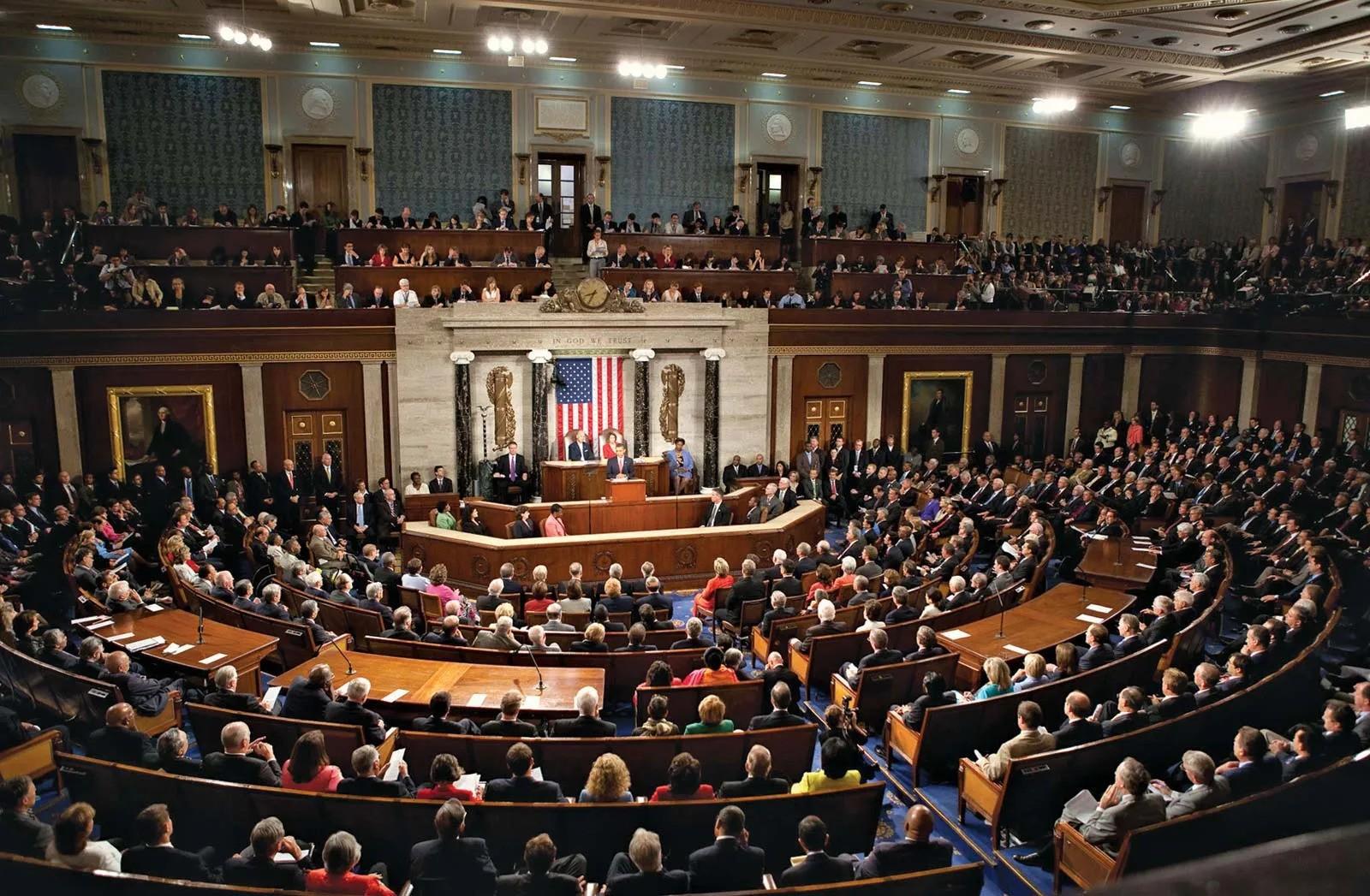
The central question at court was not whether or not the Houston residents should be compensated. But instead whether the Takings Clause inherently permits individuals to sue states directly for compensation without explicit Congressional approval.
However, the federal district court rejected Texas’s motion to dismiss, asserting that the Takings Clause is “self-executing” and enables property owners to sue states directly in federal court for fair compensation over property seizures, even without the authorization from Congress.
A Complex Legal Issue

Of course, Texas was disappointed by the ruling and was determined to overrule the federal court’s original decision.
Therefore, Texas appealed their case to the Fifth Circuit, otherwise known as the United States Court of Appeals.
Texas Finally Received the Ruling It Wanted

The Fifth Circuit ruled with Texas, explaining that the Takings Clause, as applied to states through the Fifth Amendment, does not grant plaintiffs the right to sue states without explicit Congressional authorization.
But the fight was far from over. DeVillier’s lawyers then decided to appeal the latest decision from the Fifth Circuit and take their case all the way to the top: The Supreme Court.
Supreme Court Overturns the Decision
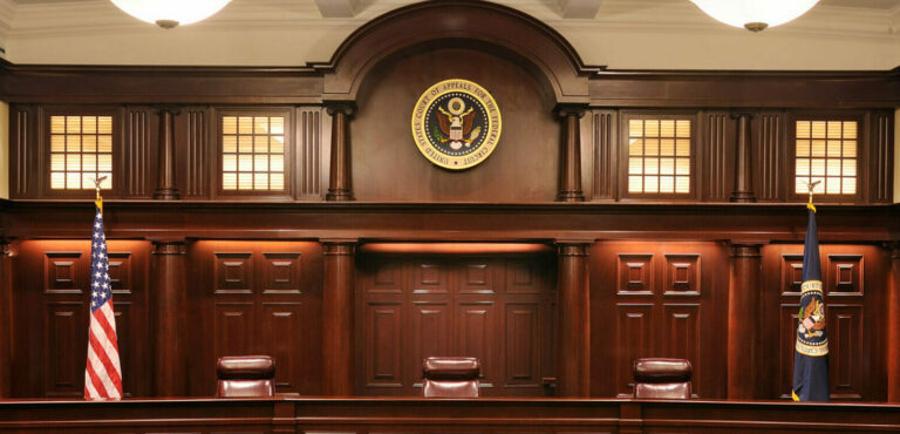
The Supreme Court assessed DeViller’s plea for compensation, Texas’ response, the original ruling from the federal court, and the decision of the Fifth Circuit appeals court.
And upon review, the Supreme Court unanimously overturned the Fifth Circuit’s decision, allowing the Texas landowners’ case to proceed.
Is the Takings Clause ‘Self-Executing’?
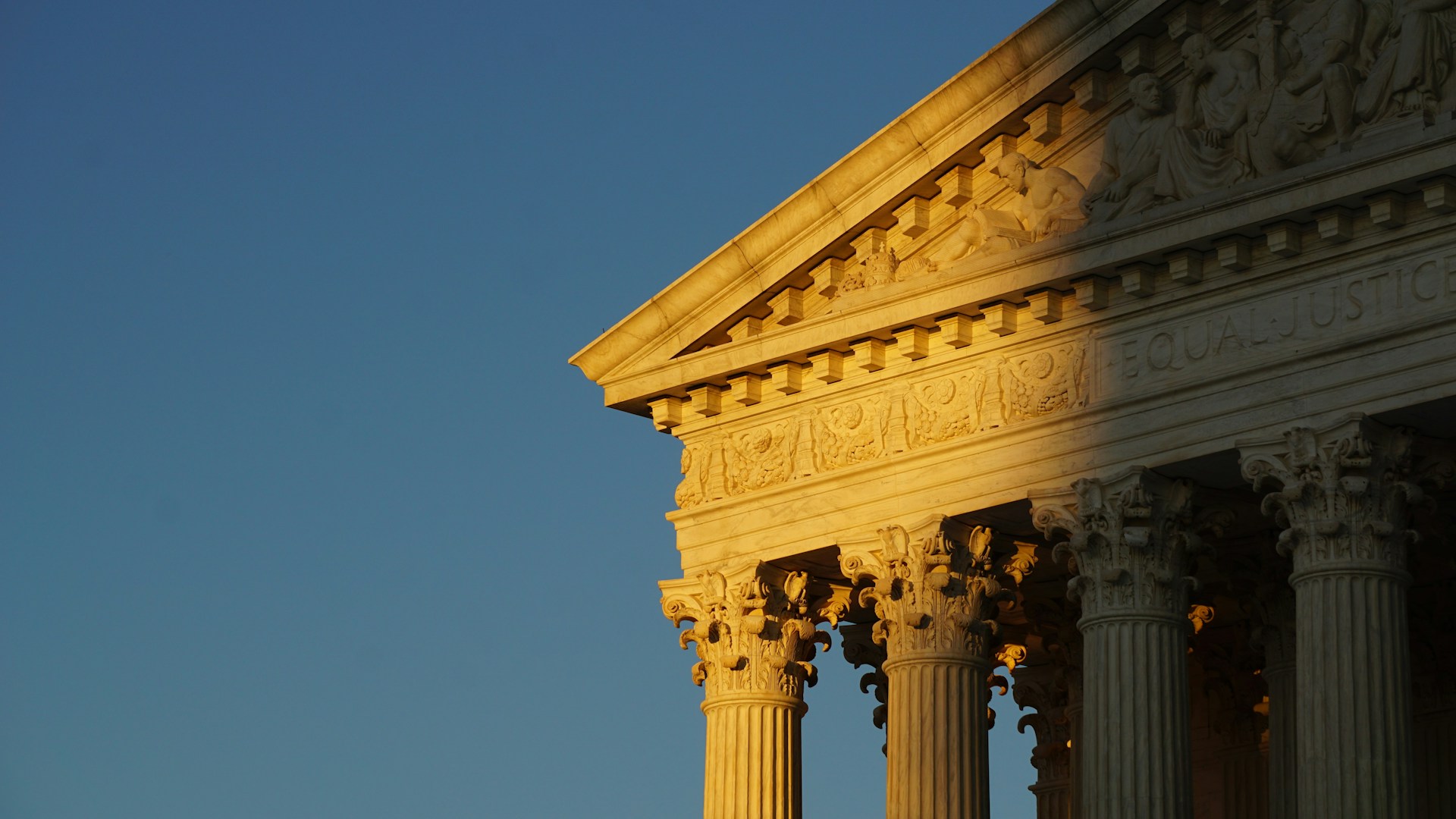
However, the Supreme Court did not definitively determine whether the Takings Clause is “self-executing” against states.
When a clause, contract, or law is “self-executing” it means that it “takes effect immediately without the need for implementing legislation or further judicial action.”
This Supreme Court Ruling Did Not Ensure All Americans Can Sue the State
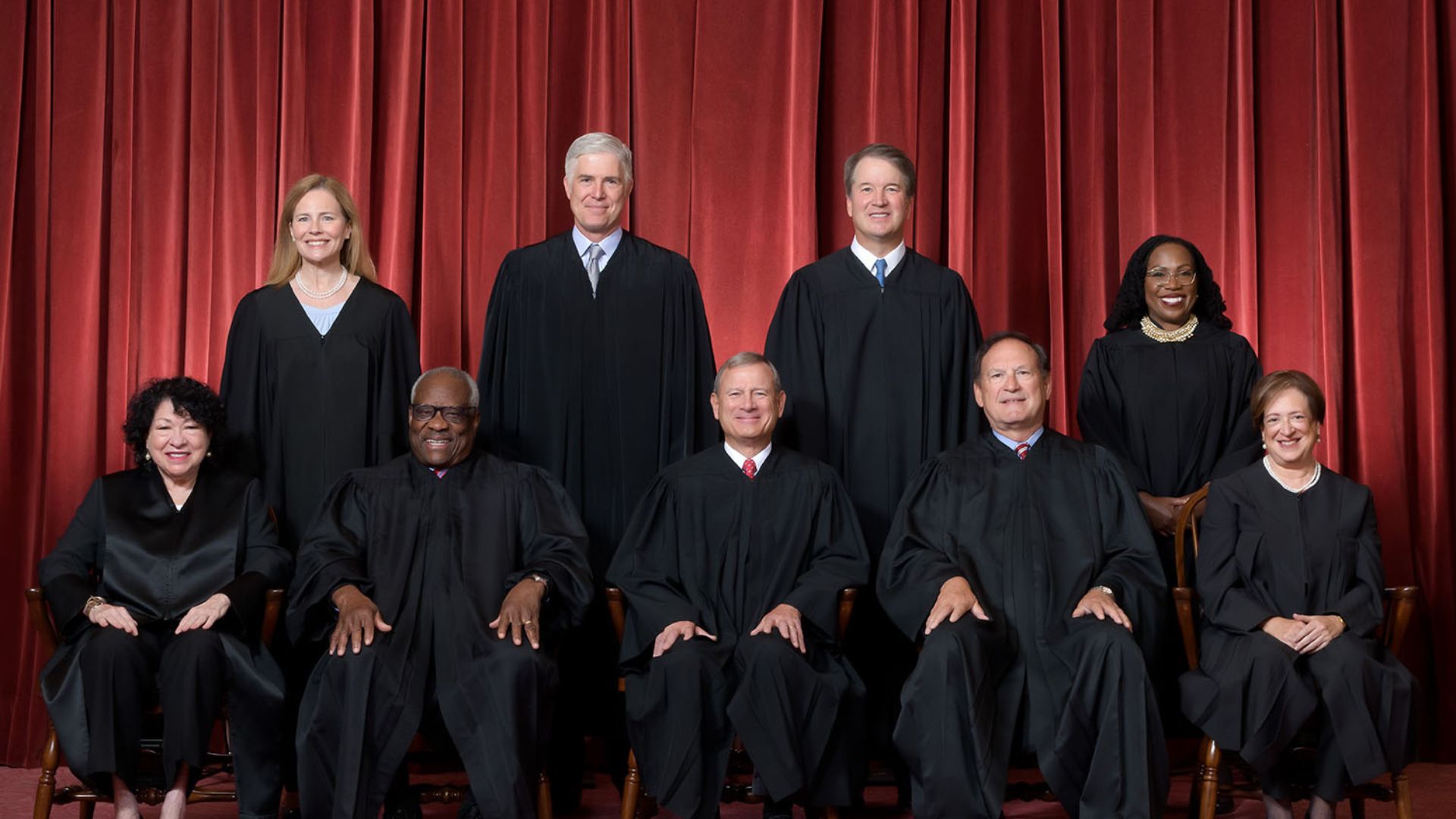
DeVillier’s lawyer, Dan Charest, explained, “The limitation on the ruling, though, is that the Supreme Court did not affirmatively state that, that the federal constitution as its own power provides a cause of action.”
This essentially means that while the Supreme Court approved the plaintiff’s right to sue the state in this case, it did not confirm that all other landowners can do the same. In other words, this is a one-time allowance from the Supreme Court.
The Devillier v. Texas Case Is Ongoing
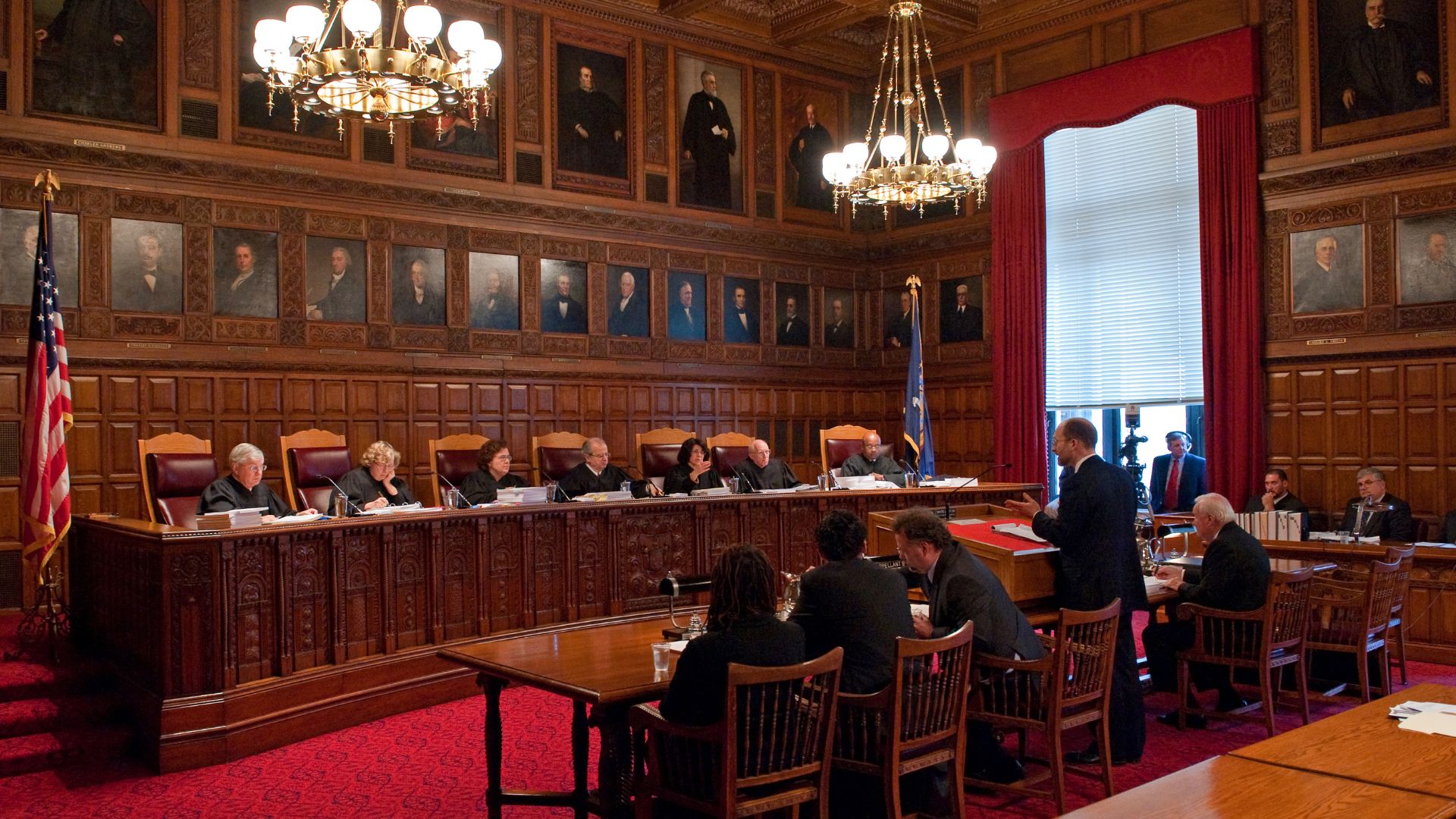
The case was remanded to lower courts for further consideration under Texas state law.
Which means that the DeVillier v. Texas case will return to the federal court that originally approved the plaintiff’s right to sue the state. Though whether or not they will win is yet to be seen.
What Does This Supreme Court Decision Mean for Americans?

While this decision is certainly exciting and potentially life-changing for DeVillier and the other plaintiffs, it actually presents a much larger conversation for America and their rights given by the the US Constitution.
Because the Supreme Court ruled that the Houston residents could sue Texas, it opens that possibility up to every American who feels the government took something from them without fair compensation.
Implications Challenging Gun Laws
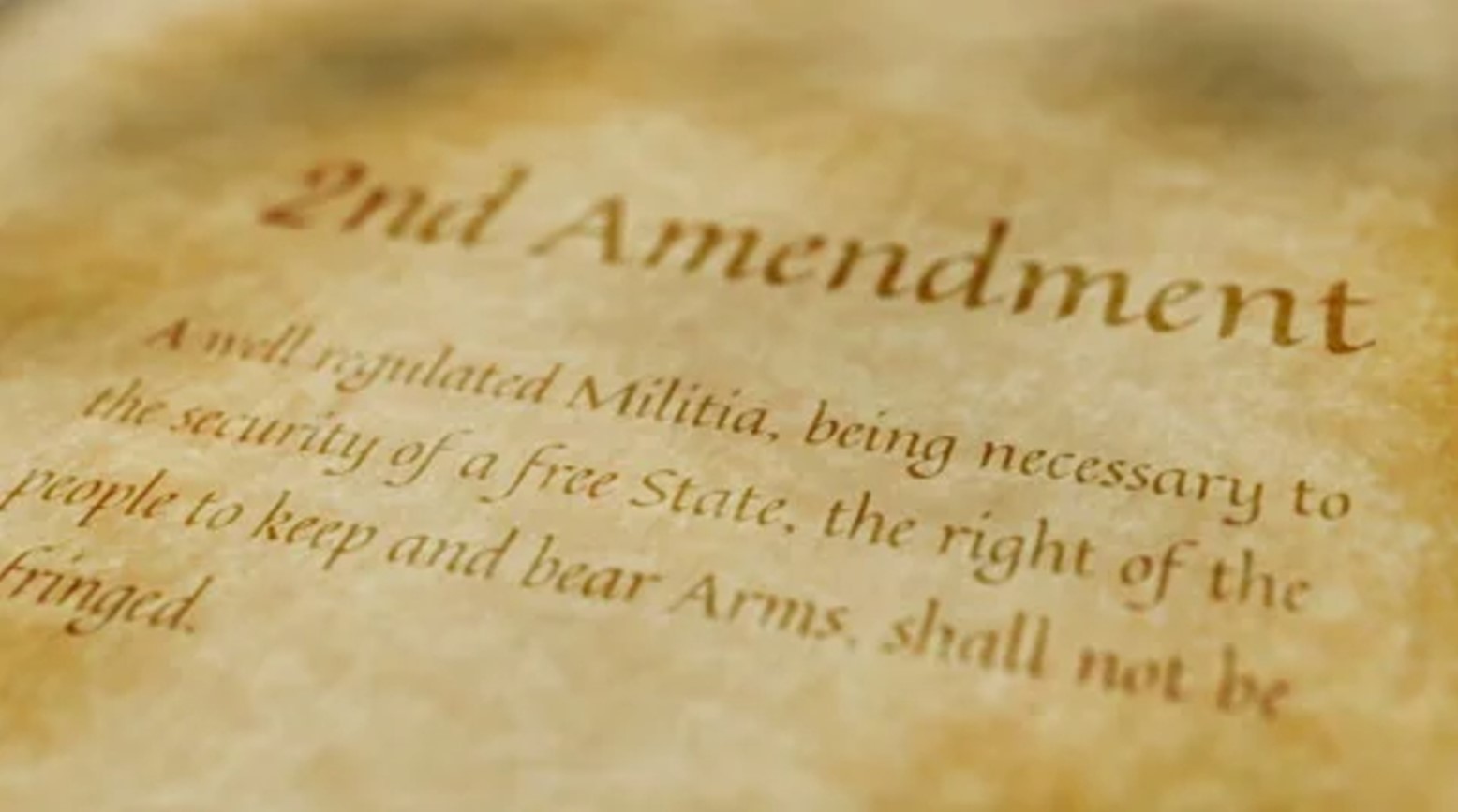
Although this ruling could apply to a wide variety of future cases, one of the most potent questions among Americans is how it will impact gun laws throughout the country.
Many say that the Supreme Court’s decision in Deviller v. Texas could specifically impact lawsuits challenging new state gun laws that revoke a citizen’s Second Amendment rights.
Violation of Takings Clause

For years, many have argued that government actions like the confiscation or destruction of firearms violate the Takings Clause by not providing compensation. However, the courts have yet to rule in any plaintiffs’ favor in these cases.
But the Supreme Court’s recent decision not to definitively resolve whether the Takings Clause allows individuals to sue states directly in federal court has sparked this controversial conversation yet again.
Uncertainty for Takings Claims

The decision comes at a time where states around the country are cracking down on gun laws, and many Americans are arguing that they do not have the right to do so as the Second Amendment is quite clear that all Americans have the right to bear arms.
From state gun control laws, such as bans on assault weapons, to magazine capacity restrictions, and even firearm registration requirements, state governments may start practicing the confiscation or destruction of legally owned firearms and magazines.
Clear Guidance Needed from Supreme Court
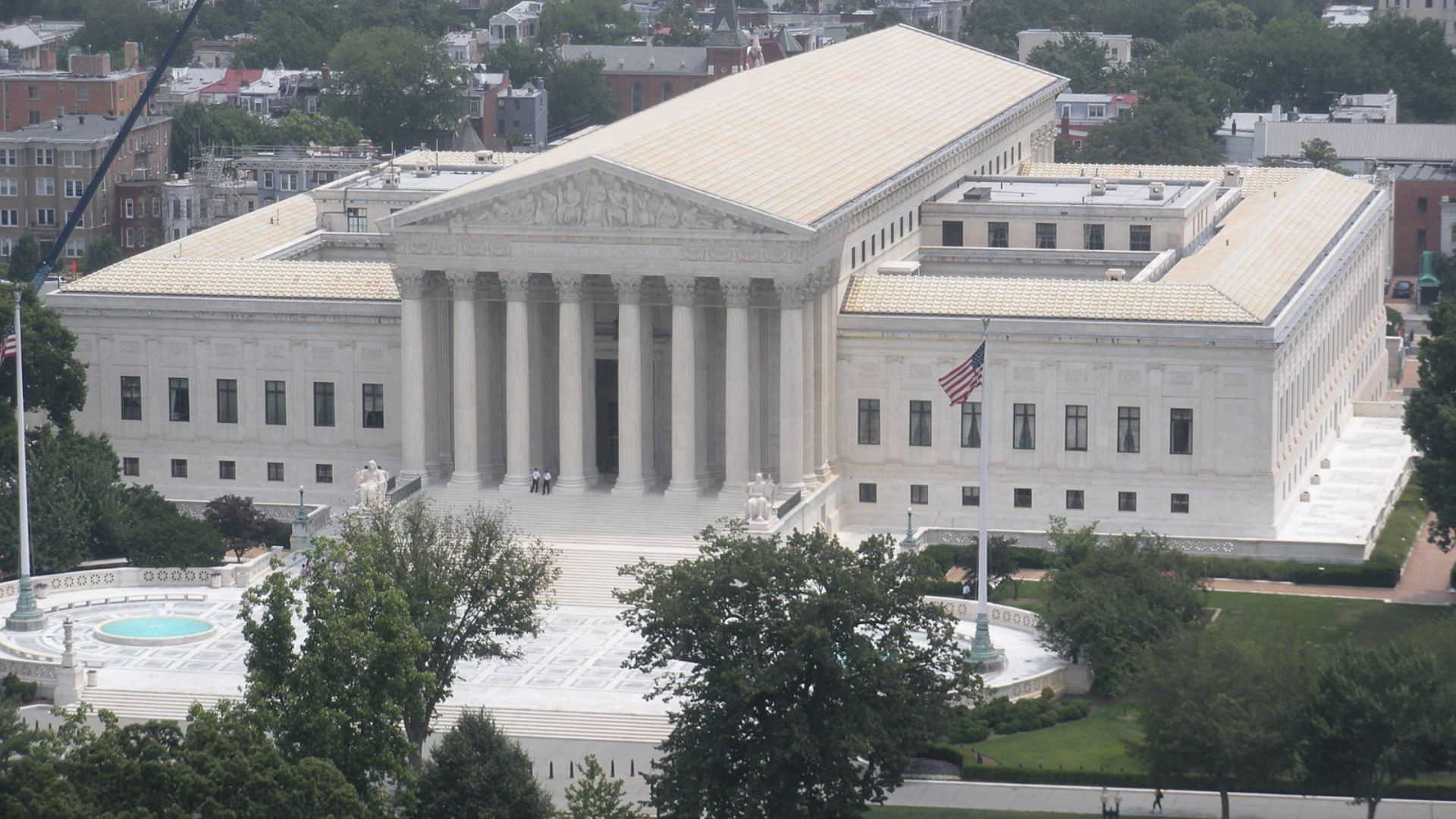
Therefore, Americans may now feel as though they would have the right to sue their state for the destruction of their personal property without compensation in ordinance with the Takings Clause.
But until the Supreme Court provides clearer guidance, states could continue to argue that federal courts do not have jurisdiction over direct takings claims against them in Second Amendment cases without explicit congressional authorization.
Gun Rights in America

Additionally, this could lead to takings issues in major gun rights lawsuits being routed through a complicated process that starts in state courts and may eventually circle back to the federal system.
Although America prides itself on ensuring all citizens have a right to a fair trial, if hundreds are arguing for compensation under the Takings Cause, it could substantially overwhelm the US justice system. Especially in states where new gun laws are being implemented.
Will Americans Always Be Able to Sue the State?

While the ruling in favor of the DeVillier plaintiffs is a win, it leaves uncertainty about the constitutional paths available to pursue takings claims against states in federal court without a specific statutory cause of action from Congress.
The sheer ambiguity of the ruling could lead to significant issues for both Americans and state governments alike in the future.
DeVillier and His Fellow Plaintiffs Are Thrilled

As the country continues to debate the Supreme Court’s ruling and what it means for Americans and the nation’s justice system, DeVillier and his fellow plaintiffs are thrilled.
Charest, DeVillier’s lawyer, said in a recent interview, “It’s great for our clients, and great – frankly – for the citizens of Texas.”
Even the Texas Attorney General Is Excited by the Ruling

Even though state officials fought against DeVillier’s right to sue Texas for the damages, since the Supreme Court ruling, the Texas Attorney General has spoken out in favor of the decision.
Texas AG Ken Paxton said in a recent statement,”or as long as Texas has been Texas, it has recognized that property rights are crucial to a free society. Under the U.S. Constitution, such claims should be pursued under state law unless Congress has said otherwise. I’m pleased the Supreme Court agreed with us unanimously that citizens should sue under Texas law.”
The Supreme Court’s Unanimous Decision
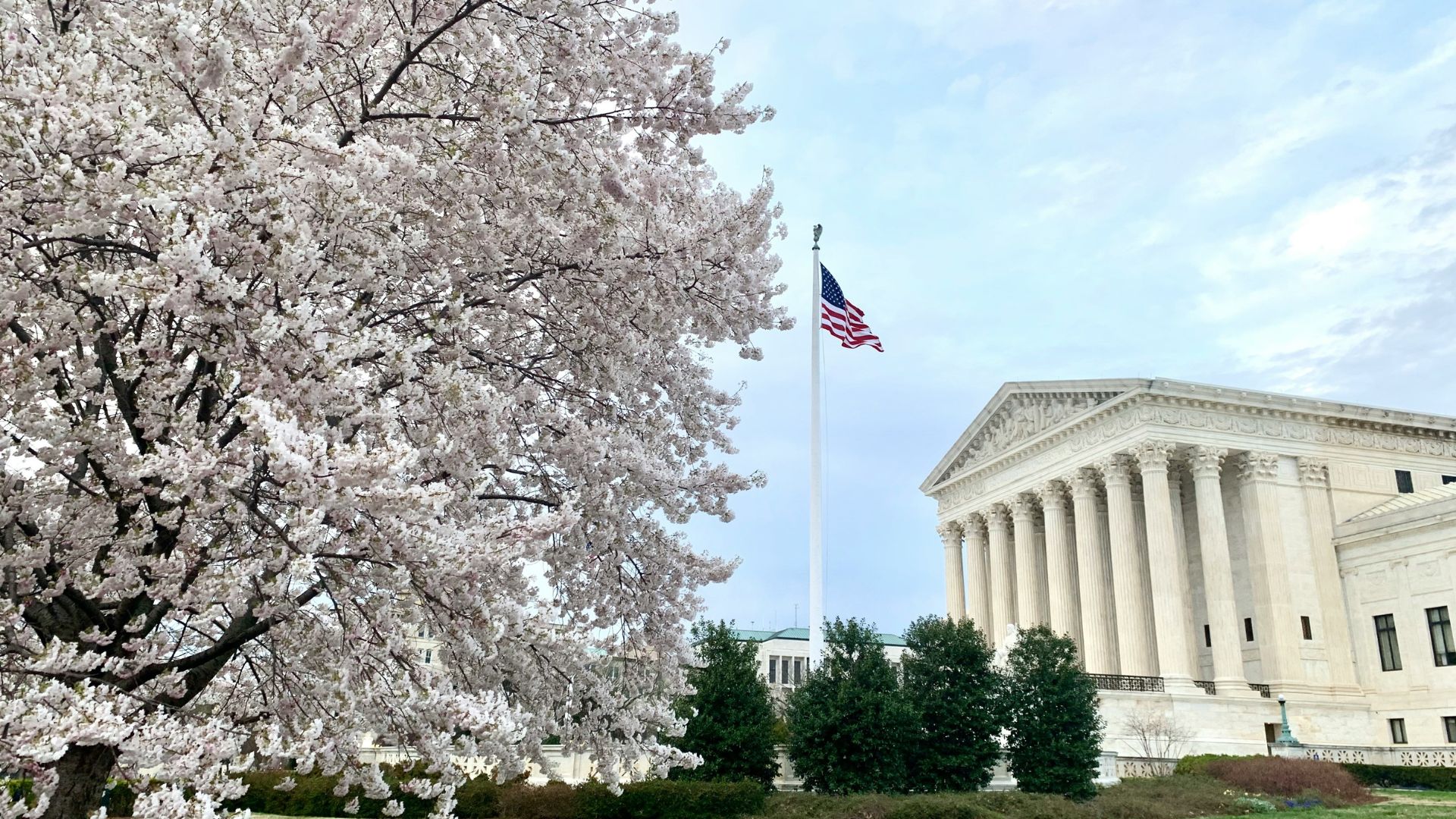
In the wake of the Supreme Court’s unanimous decision, the legal landscape continues to shift.
Moving forward, Americans hope that their lawmakers will stay vigilant, advocate for fairness, and uphold the principles enshrined in the Constitution.








































